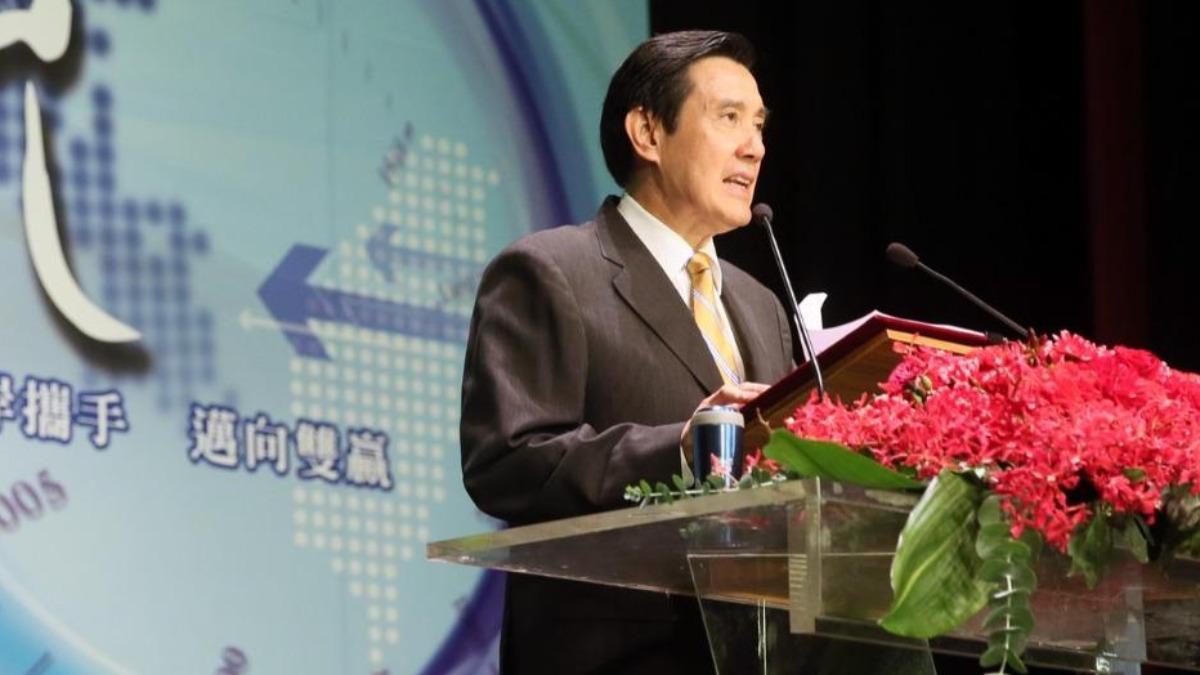TAIPEI (TVBS News) — In his inauguration speech on Monday (May 20), President Lai Ching-te (賴清德) stated that the Republic of China (R.O.C.) and the People's Republic of China (PRC) do not belong to each other, sparking a response from former President Ma Ying-jeou (馬英九). Ma criticized this stance as a "new two-states theory (兩國論)," warning it could plunge cross-strait relations into unpredictable risks and challenges.
Ma's Perspective on Cross-Strait Relations
Ma Ying-jeou argued that, according to the R.O.C. Constitution, Taiwan and the mainland share a special relationship rather than being two separate countries before unification. He highlighted the peaceful and stable situation across the Taiwan Strait during his presidency from 2008 to 2016, which received international praise. Ma attributed this stability to the mutual trust built on the "1992 Consensus," emphasizing that both sides adhere to the one-China principle, albeit with different interpretations.
Calls for Peace and Dialogue
Ma recalled his 2015 meeting with Xi Jinping in Singapore, where he assured the Chinese leader that both sides are not two countries, which he believes is crucial for peace in the Taiwan Strait. He criticized the Democratic Progressive Party (DPP) government for refusing to recognize the constitutional cross-strait status and the "1992 Consensus" since 2016, marking a significant regression in cross-strait relations.
During a visit to Beijing in April this year, Ma reiterated the catastrophic consequences of war across the strait and highlighted Xi's response, which called for continued cross-strait exchanges based on a shared Chinese identity.
Ma urged President Lai to prioritize Taiwan's welfare over ideology, suggesting a return to a shared historical, cultural, and national identity with the mainland as the path to true peace in the Taiwan Strait.
Despite a surge in 'Taiwanese' identity as opposed to 'R.O.C.,' Ma's discourse highlights the complexities of Taiwan's history and the difficulty in forging a consensus on national identity.



